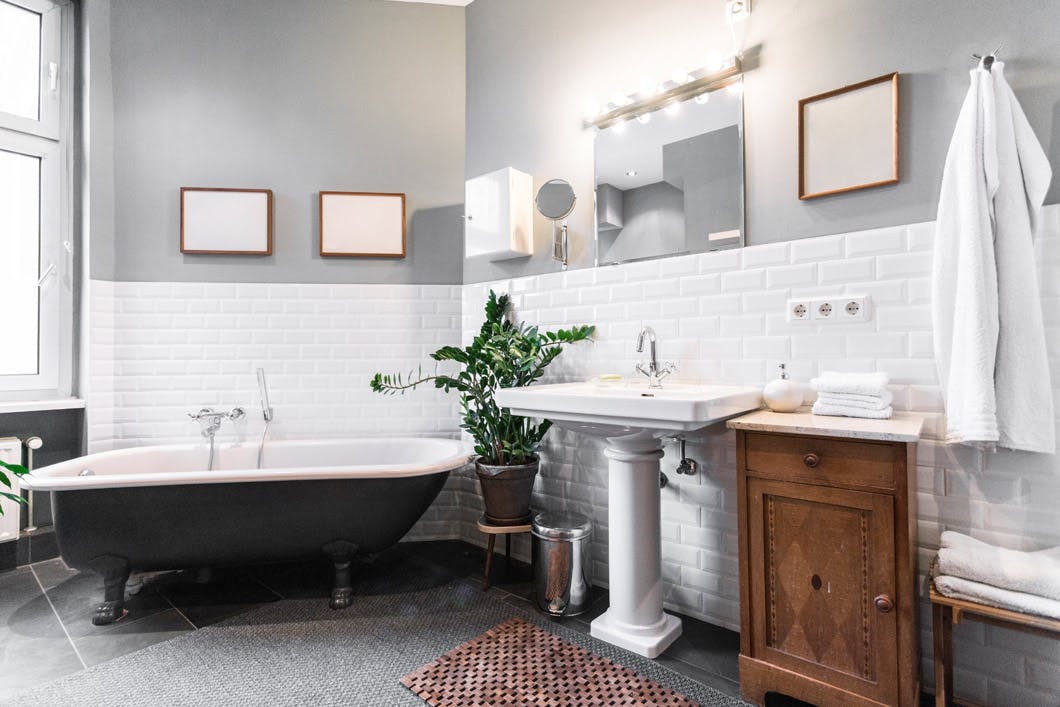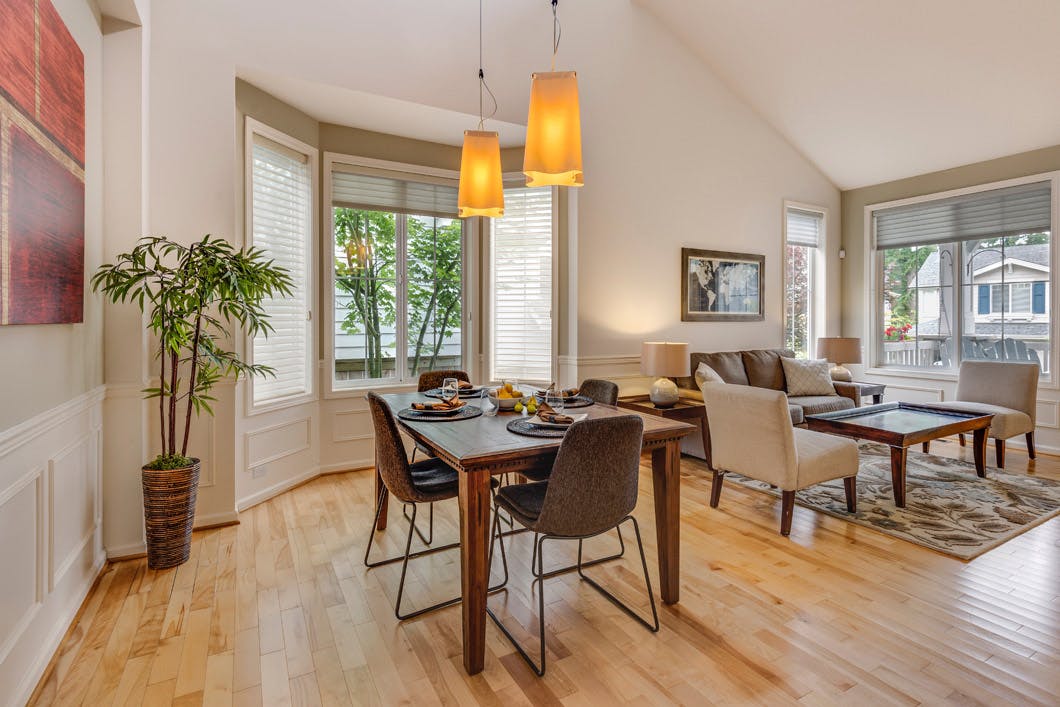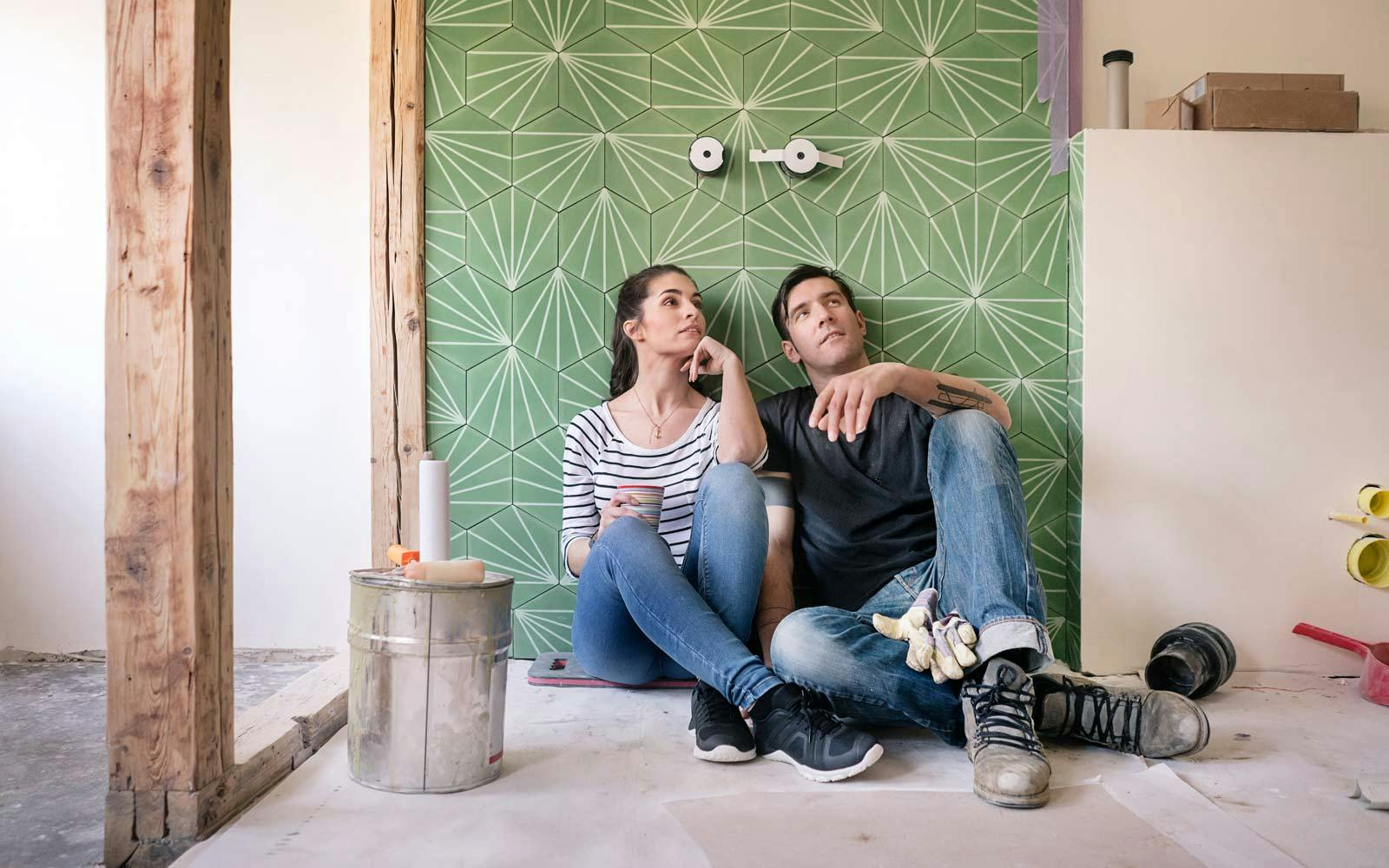If you’re not planning on moving or installing any plumbing (where you’ll need permits and a licensed professional), you may be considering doing the rest of your bathroom reno yourself.
DIY is an option for cosmetic bathroom projects, such as replacing taps, re-grouting, installing storage shelves, or painting. Some people may even be comfortable installing new bathroom vanities and baths or removing and re-installing tiles.
However, the cost of repairing bathroom renovations if they go wrong could be even more than if you’d hired a professional in the first place. The primary concern is waterproofing, which must comply with the Building Code of Australia and Australian Standards AS3740-2010 Waterproofing of wet areas in residential buildings.
In some states like NSW, a licensed professional must do waterproofing. And even if your state doesn’t mandate this, it’s highly recommended as water damage is one of the leading issues in Australian homes and can cause mould and structural damage.
So, if you want to renovate your bathroom, speak to a bathroom installer, waterproofing expert, or a professional tiler near you.












